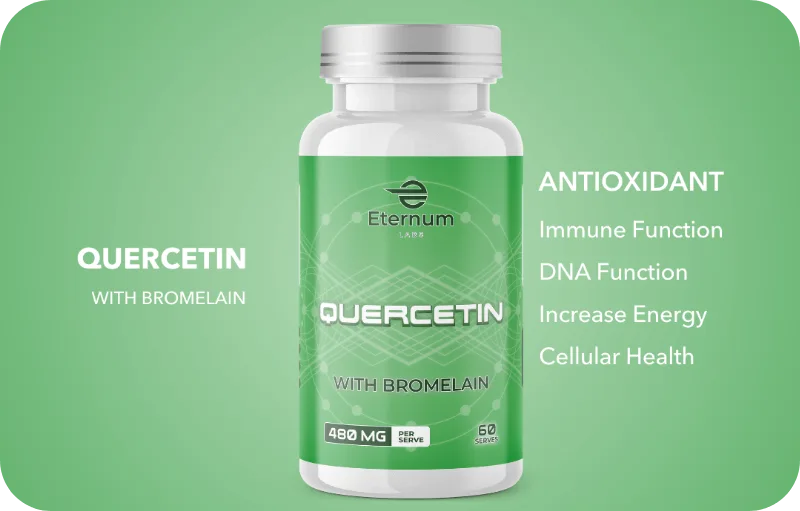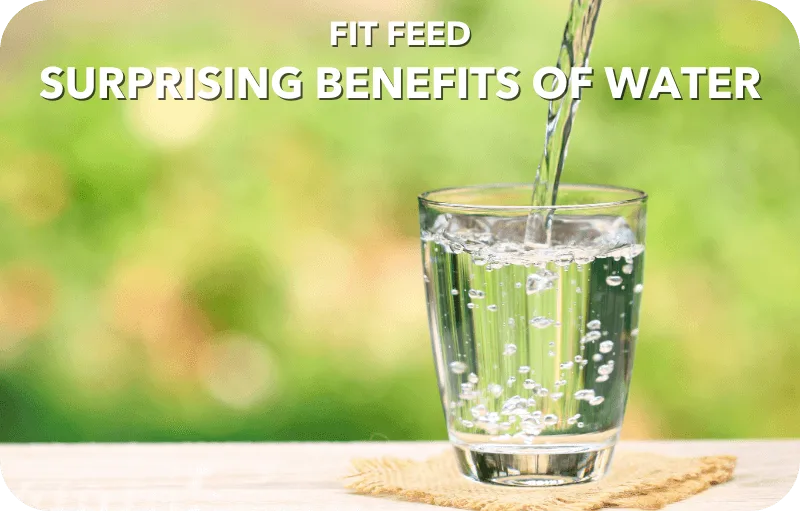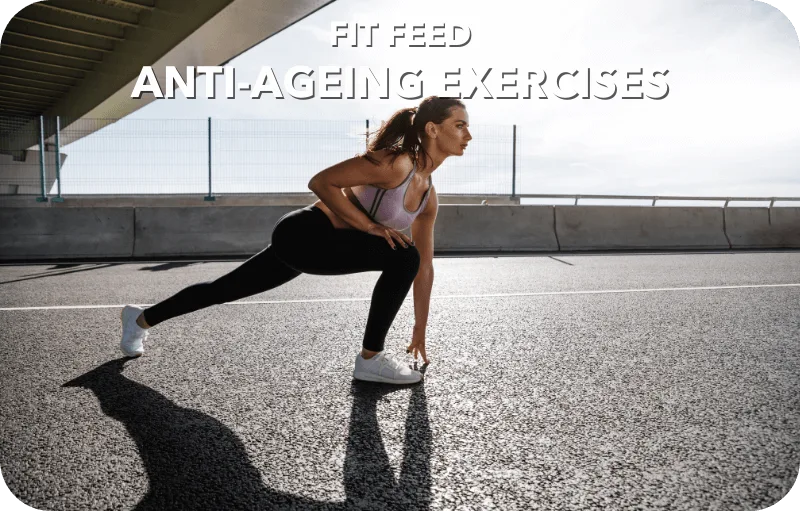6 Unusual Tips to Reduce Bloating and Water Retention
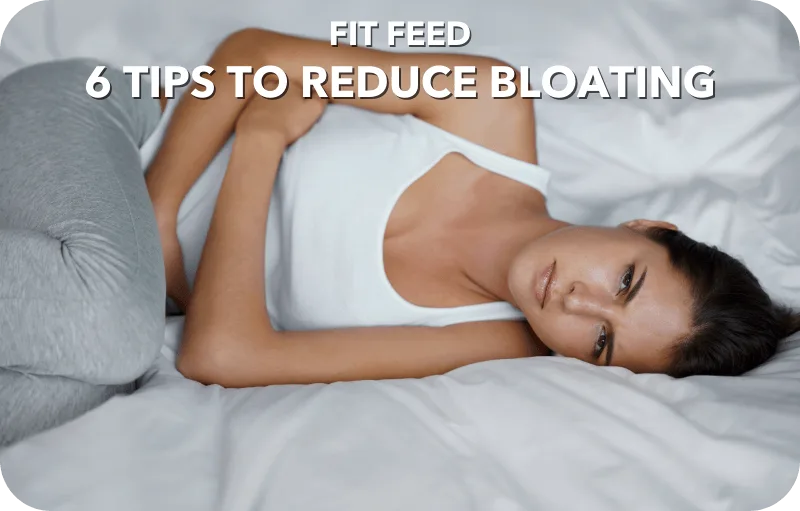
Ever wake up in the morning only to see a bit of a moon face staring back at you in the mirror?
Bloating and water retention are common issues that can cause us discomfort and frustration.
While there are many well-known methods to combat these problems, some lesser-known tips can also be highly effective.
Here are six unusual strategies for you to follow to help you reduce the bloat and feel snatched again.
1. Sip on Parsley Tea
Parsley is more than just a garnish. This herb has diuretic properties that can help reduce water retention and bloating.
Parsley tea is easy to make and can be a soothing remedy for an uncomfortable belly.
How to make it:
Boil a cup of water.
Add a few springs of fresh parsley or a teaspoon of dried parsley.
Let it steep for 5-10 minutes.
Strain and sip slowly.
Drinking parsley tea a few times a day can help flush out excess water from your body, easing bloating.
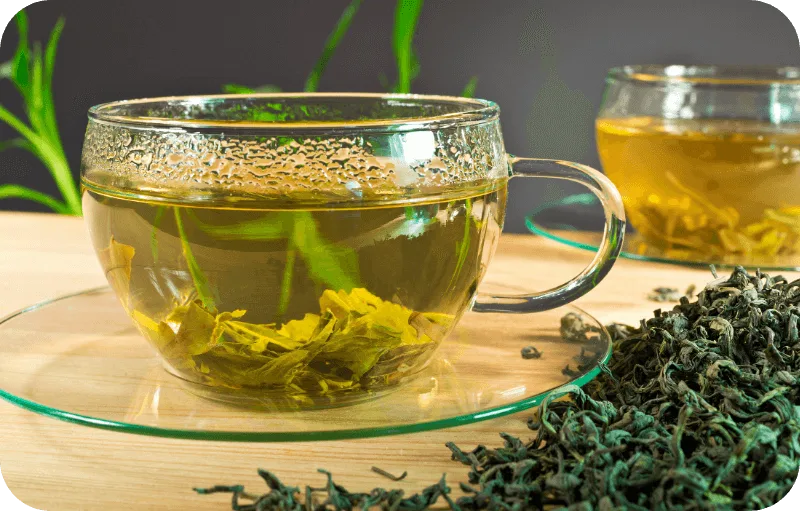
2. Incorporate Fennel Seeds into Your Diet
Fennel seeds are often used in various cultures to aid digestion and reduce bloating.
These tiny seeds can help relax digestive muscles and release trapped gas.
How to use fennel seeds:
Chew a teaspoon of fennel seeds after meals.
Brew fennel seed tea by steeping a teaspoon of seeds in hot water for 10 minutes.
Regular consumption of fennel seeds can keep your digestive system running smoothly, reducing bloating and discomfort.
3. Try Dry Brushing
Dry brushing is a technique that involves brushing your skin with a dry, natural bristle brush.
This method stimulates lymphatic drainage, which can help reduce water retention and improve circulation.
How to dry brush:
Choose a natural bristle brush.
Start at your feet and brush upward towards your heart in long, sweeping motions.
Brush your arms towards your chest and your back towards your heart.
Do this for 5-10 minutes before showering.
Incorporating dry brushing into your routine a few times a week can help your body eliminate excess fluids and reduce bloating.
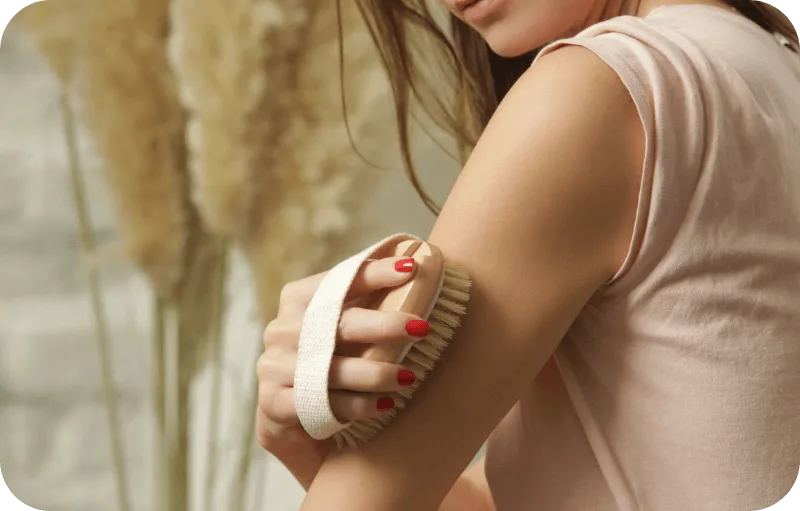
4. Use Activated Charcoal
Activated charcoal is known for its ability to absorb toxins and gas in the digestive system.
It can be particularly effective in reducing bloating caused by gas and indigestion.
How to use activated charcoal:
Take activated charcoal supplements according to the package instructions.
Be sure to drink plenty of water to help flush the charcoal through your system.
Using activated charcoal occasionally can help alleviate bloating and improve your digestive comfort.
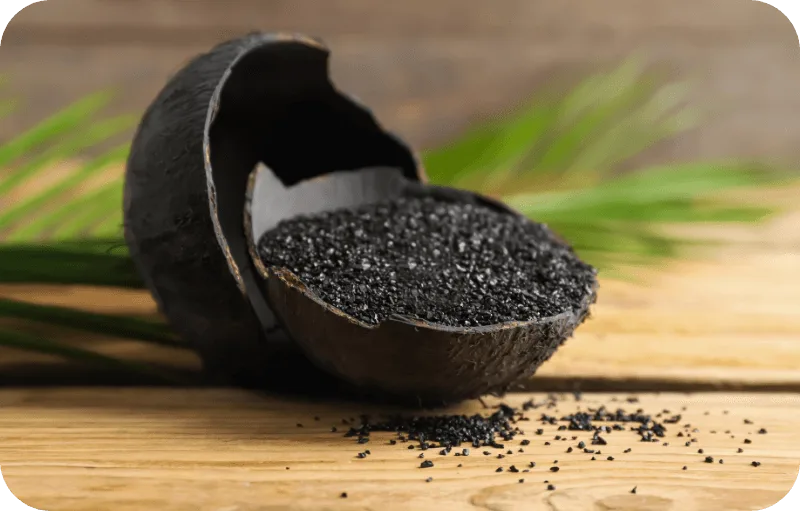
5. Engage in Lymphatic Massage
Lymphatic massage is a gentle technique designed to stimulate the flow of lymph fluid in your body.
This can help reduce water retention and bloating by promoting the removal of excess fluids and waste products.
How to do a lymphatic massage:
Use light pressure and gentle, rhythmic strokes.
Focus on areas with lymph nodes, such as the neck, underarms, and groin.
Move in the direction of lymph flow, towards the heart.
Consider seeing a professional for a lymphatic drainage massage or learning the technique for self-massage.
Regular lymphatic massage can significantly reduce bloating and water retention.
6. Take a Quercetin Supplement
Quercetin is a flavonoid found in many fruits and vegetables, known for its anti-inflammatory and antioxidant properties.
It can help reduce water retention by supporting lymphatic drainage and improving vascular health.
How to use quercetin:
Take quercetin supplements according to the package instructions, typically 400-800 mg per day.
Incorporate quercetin-rich foods into your diet, such as apples, onions, berries, and leafy greens.
Adding quercetin to your routine can enhance your body’s ability to manage fluid balance, helping to reduce bloating and water retention.
Conclusion
Bloating and water retention can be uncomfortable, but these unusual tips offer effective solutions.
Incorporating parsley tea, fennel seeds, dry brushing, activated charcoal, lymphatic massage, and quercetin into your routine can help you feel lighter and more comfortable.
Always consult with a healthcare professional before trying new remedies, especially if you have underlying health conditions.
With these strategies, you can say goodbye to bloating and hello to a happier, healthier you.
